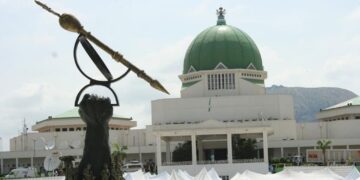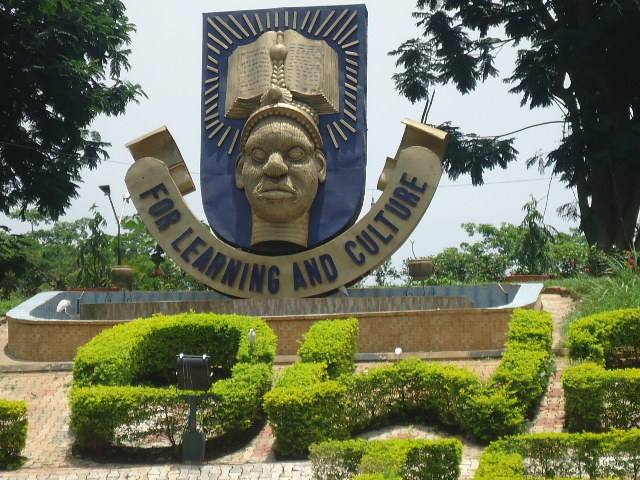[ad_1]
The Debt Management Office (DMO) has warned that the government’s continuous dependence on borrowing and the inability to raise more revenues now pose a threat to the country’s debt sustainability.
Director-General of the DMO, Ms Patience Oniha, expressed the concern at a workshop at the Debt Management Office organised by National Assembly lawmakers in Abuja.
Oniha lamented that international interest rates on borrowings had sharply increased at both domestic and international capital markets, because of the Russia/Ukraine crisis, thereby making loans more expensive and debt service very difficult.
According to her, one of the direct consequences of Russia’s invasion of Ukraine was the spike in inflation in developed countries to such levels that had not been experienced in decades.
Due to this, to tackle inflation, countries like the United States of America (USA) and the United Kingdom (UK) had to increase interest rates to reduce inflation, she further stated, stressing that the interest rate increase by these countries has also translated to other interest rates going up as are being currently experienced in the international bonds market.
Ms Oniha pointed out that interest rates on borrowings have gone up to 15 per cent from 13.5 per cent and many countries like Nigeria, Ghana and Kenya may not be able to borrow for now, while servicing existing debts at present, will attract more interest as well.
Another cause for concern to the DMO boss is the latest inflation rate, which stands at 21.09 per cent, and she told the lawmakers that while the Central Bank of Nigeria (CBN) will be right to increase Monetary Policy Rate (MPR) as a way of fighting inflation, doing so by the CBN, according to her, will mean that “debt servicing will grow”.
Ms Oniha told the legislators from both chambers of the National Assembly that by continuing to ignore demands by the executive arm of government to increase taxes, the legislators were making revenue generation difficult, as funding for debt servicing comes from revenue and the revenue is hard to come by at present.
She told the lawmakers that the appropriate Value Added Tax (VAT) for Nigeria should be in the range of 15 per cent to 17.5 per cent but however admitted that she knows the lawmakers will have to explain to their constituents why they had to support a VAT increase given the current economic headwinds.
Ms Oniha said, “Our debt has grown, and we all know why. The revenue base is low and we often don’t achieve annual revenue targets in the annual budgets. Even if we achieve the revenue targets 100 per cent, they are still too low for a country the size of Nigeria.
“We have been dependent on borrowing as a country for a very long time. We have been borrowing because the revenue base is low. Because the revenue base is low, it is now threatening debt sustainability.
“We need urgent actions to moderate the new borrowing because the debt services/revenue ratio would have been low if the revenue base had been very strong.
“There has been a lot of talk about raising revenue. We now need urgent action. We need a stronger revenue base to ensure that our debt remains sustainable.”
On what borrowed funds should be used for normally, the DMO boss said, “ideally we should deploy borrowed funds to capital projects, but we haven’t done too well in this regard. However, the government has gone ahead to source project funding from Sukuk through which N612.6 billion has been raised to finance projects since 2017.
Shedding more light on the controversial Chinese loan, the Director-General of the DMO, said Nigeria has only borrowed $3.6 billion from the Chinese government which is about three per cent of the country’s total borrowing and the loans are tied to specific projects “that must be validated before they’re paid.”
She told the legislators that “if borrowed funds are wisely invested, it should generate revenue”, and lamented the opportunity the country missed from the sales of crude oil at a time the price is high, although Nigeria was experiencing “challenges with other revenue lines.”
ALSO READ FROM NIGERIAN TRIBUNE
[ad_2]







